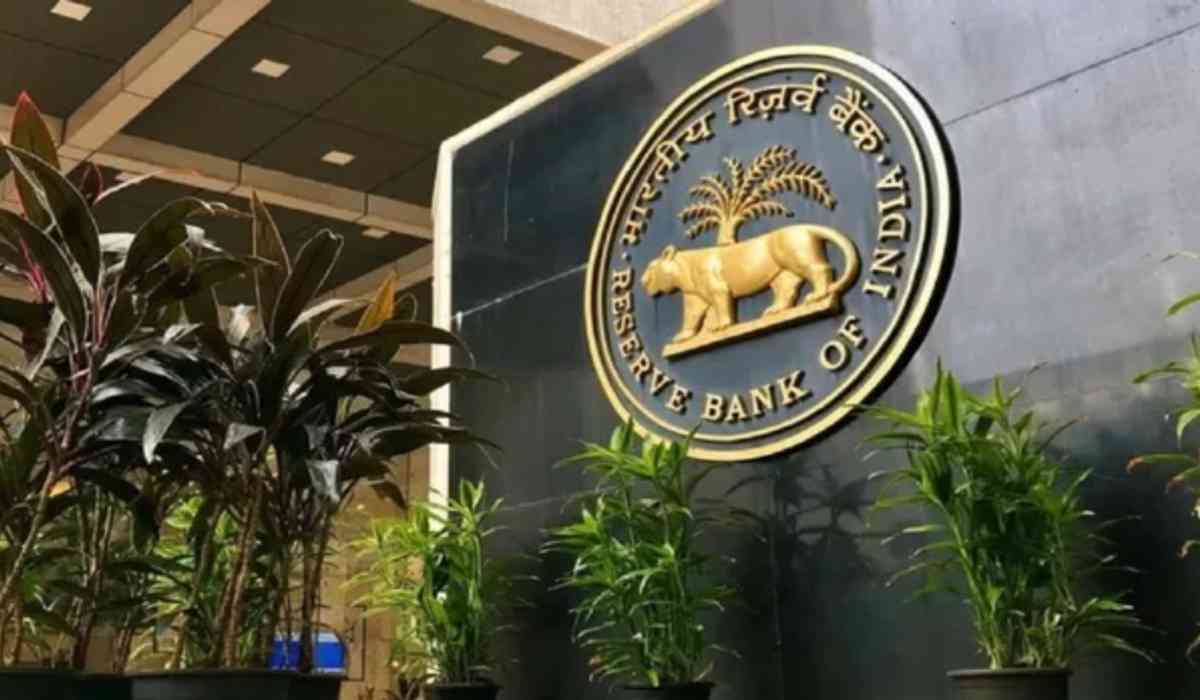The Reserve Bank of India (RBI) has imposed stringent restrictions on Mumbai-based New India Co-operative Bank, barring it from issuing fresh loans and accepting new deposits. More significantly, the bank has also been prohibited from allowing withdrawals for the next six months, citing supervisory concerns and liquidity issues. This move has caused panic among depositors, many of whom rushed to the bank’s branches seeking clarity on their funds.
So, what led to this situation, and what should depositors do next?
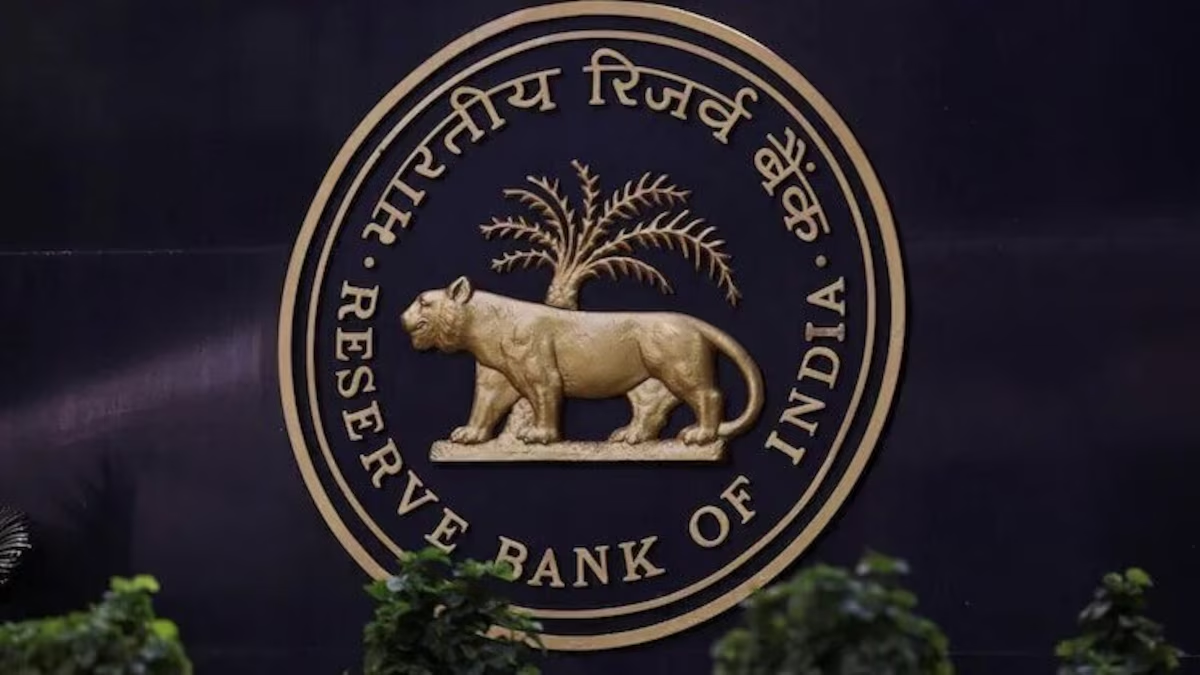
What Happened?
On February 13, 2025, the RBI issued an order restricting New India Co-operative Bank from:
-
Granting or renewing loans and advances
-
Accepting fresh deposits
-
Incurring liabilities, including borrowing funds
-
Making payments, except as permitted by the RBI
-
Selling or transferring assets without prior RBI approval
These restrictions will remain in force for six months and are subject to review.
The RBI’s decision was prompted by the bank’s deteriorating financial health and liquidity concerns. Over the past two years, the bank has been struggling with losses, reporting a ₹23 crore loss in the 2023-24 financial year. While the bank’s deposits increased slightly from ₹2,406 crore to ₹2,436 crore, its loan book shrank from ₹1,330 crore to ₹1,175 crore.
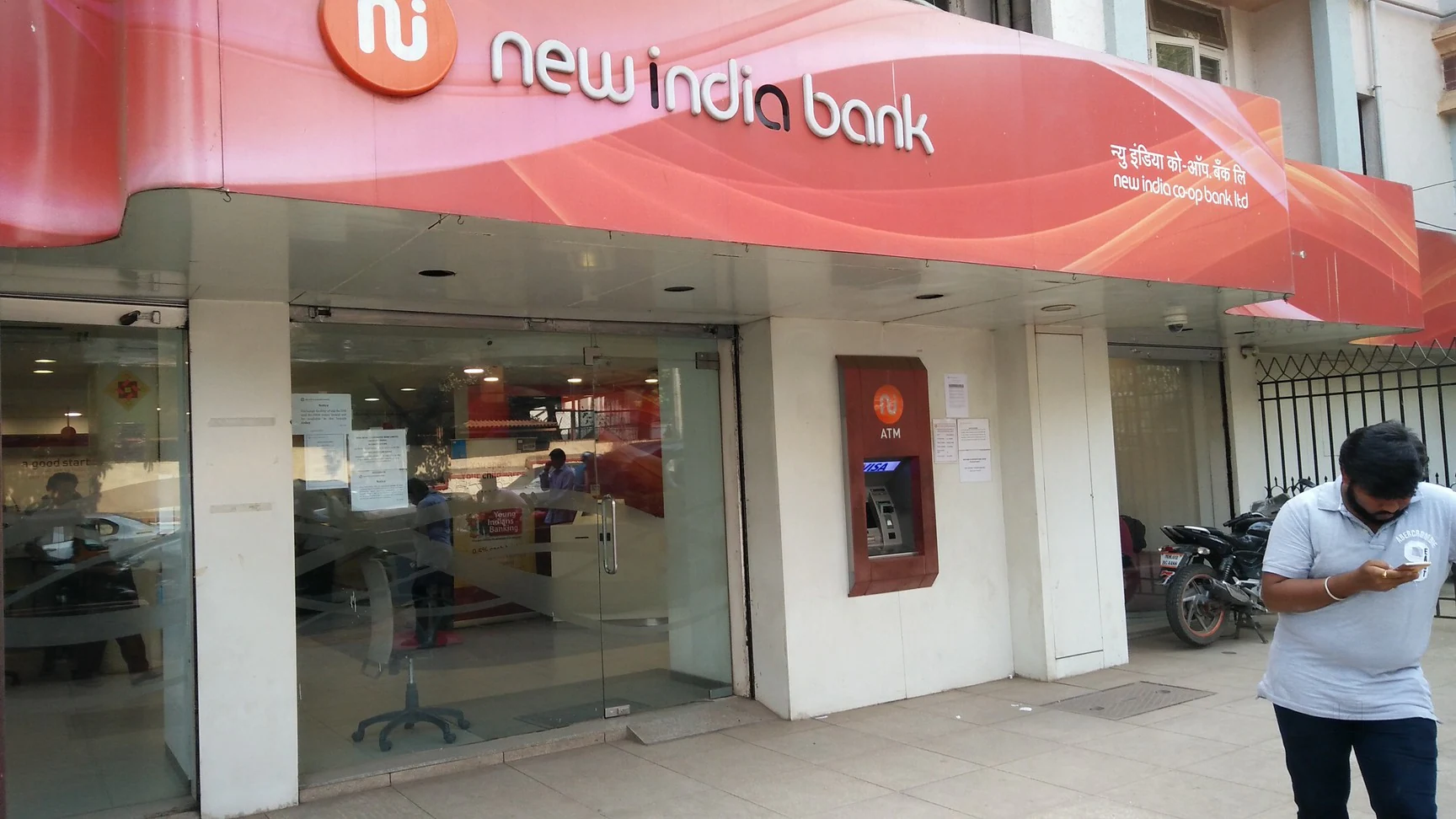
How Are Depositors Affected?
1. Withdrawals Are Suspended
Depositors cannot withdraw money from their savings, current, or any other accounts. However, loans can be set off against deposits under certain conditions.
2. Deposit Insurance Coverage Up to ₹5 Lakh
As per RBI guidelines, depositors are eligible to receive insurance coverage up to ₹5 lakh from the Deposit Insurance and Credit Guarantee Corporation (DICGC).
-
Depositors must submit their willingness to claim the insurance amount.
-
After verification, the payout is expected within 90 days.
3. Bank Lockers Can Still Be Operated
Some customers have reported that they were allowed to access their lockers, though bank staff were not providing clear information.
4. Bank’s License Is Still Valid
The restrictions do not mean that the bank’s banking license has been revoked. The RBI will continue to monitor its position and may take further steps based on developments.
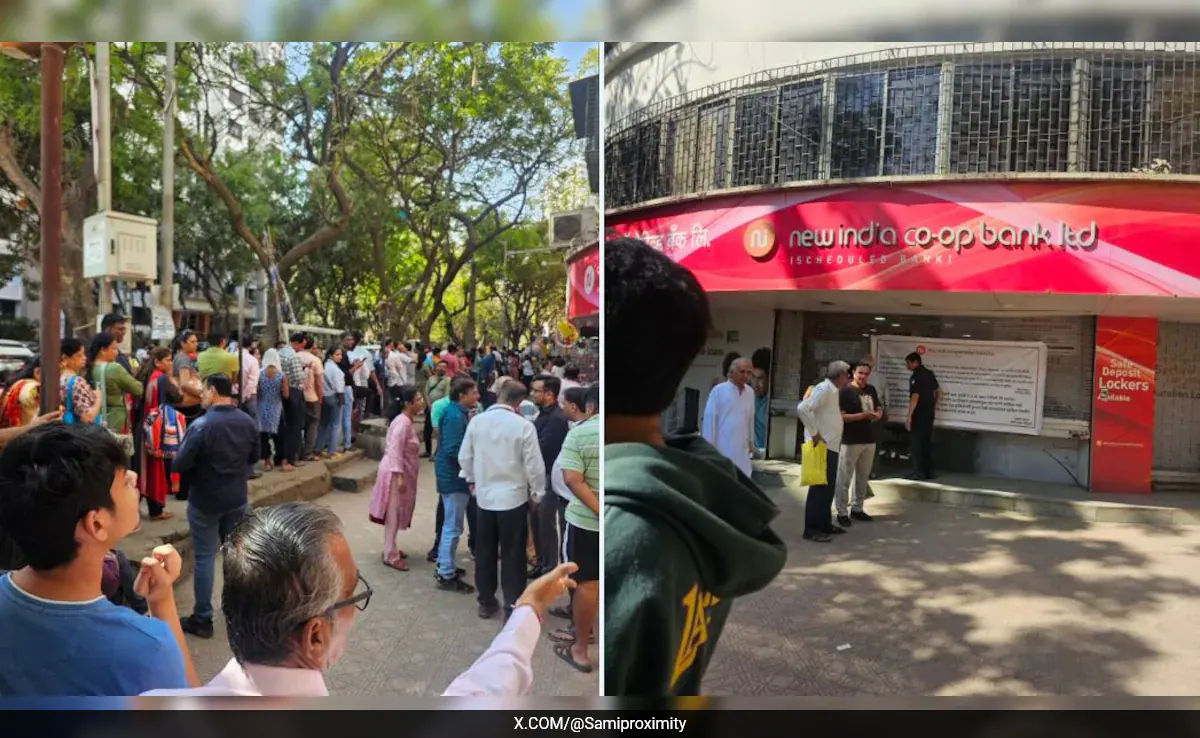
Customer Reactions: Panic and Uncertainty
The RBI’s decision has triggered widespread panic among depositors, many of whom gathered outside the bank’s branches in Mumbai on February 14, 2025.
-
A customer, said,
“We deposited money just yesterday, but no one warned us. Now, they say we’ll get our money in three months, but we have EMIs and bills to pay. How are we supposed to manage?” -
Another customer, shared her distress:
“There’s a wedding at home next month, and I recently had leg surgery. I need to access my jewelry from the locker. I have ₹2 lakh in a fixed deposit, but if I can’t break it, I will have to mortgage my jewelry.”
Many customers expressed concerns over trust in banks and whether they will ever get their money back.
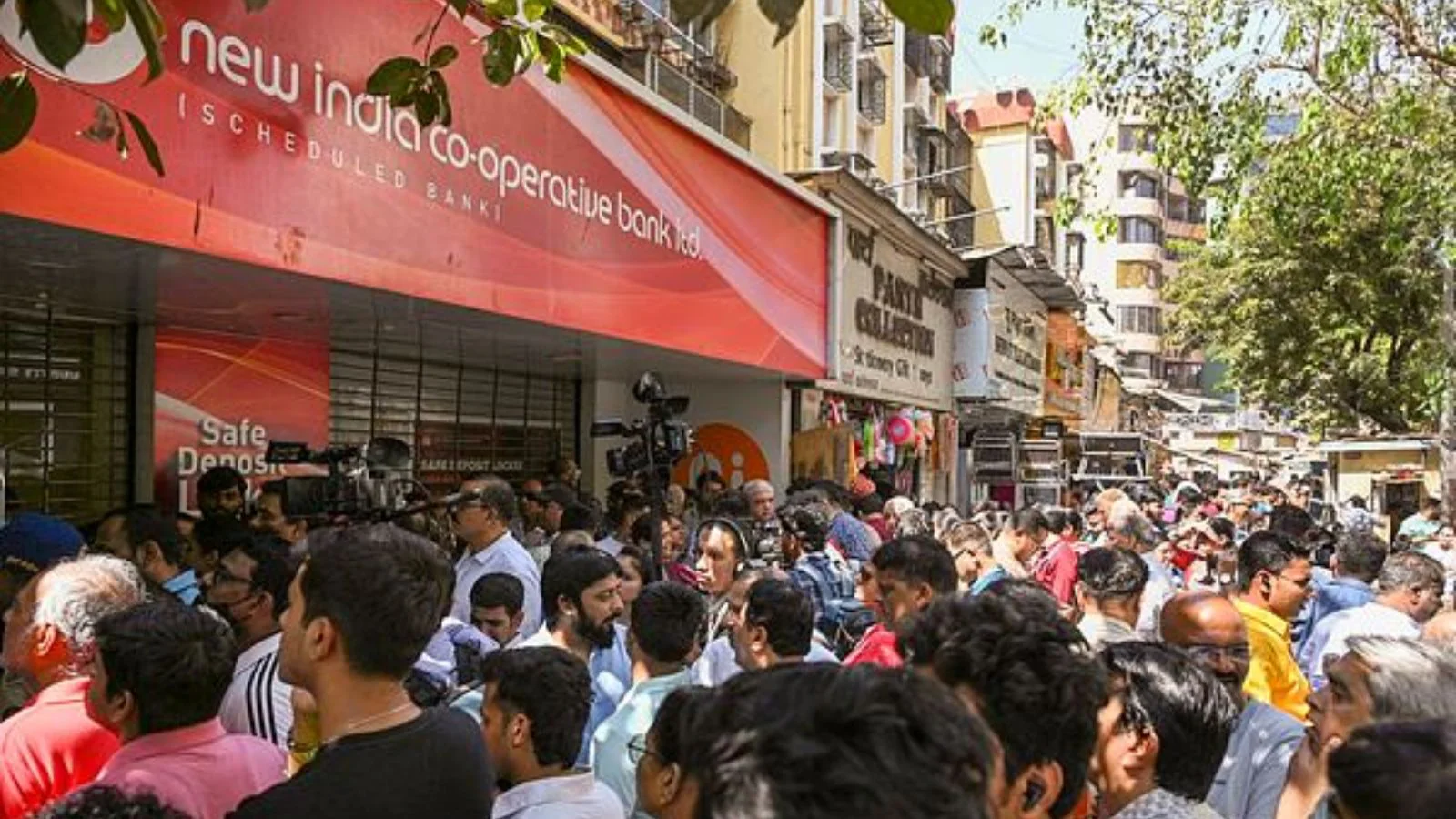
Why Did RBI Impose These Restrictions?
According to the RBI, the restrictions were placed to protect depositors and stabilize the bank’s financial position. The decision was taken due to:
-
The bank’s liquidity issues
-
Increased losses over the last two years
-
Deteriorating asset quality and rising supervisory concerns
Banking experts believe that the RBI’s intervention is part of its strong regulatory framework aimed at ensuring depositor protection.
Keki Mistry, a veteran banker and board member of several financial institutions, reassured depositors:
"History tells us that depositors in Indian banks do not end up suffering. The RBI’s supervisory framework is very strong. In cases where there are banking failures, the future course has either been self-correction or a buyout by a stronger entity.”
What Should Depositors Do Next?
1. Apply for Deposit Insurance Payout (if needed)
If your deposits are below ₹5 lakh, you will be covered under DICGC insurance. You should:
-
Contact the bank to submit your claim.
-
Ensure that your KYC details are up to date.
-
Wait for verification and processing, which may take up to 90 days.
2. Avoid Panic Withdrawals (If and When Allowed)
Since the RBI is monitoring the situation, depositors should avoid withdrawing funds in haste once restrictions are lifted. The situation might improve with further intervention.
3. Stay Updated
Keep track of RBI notifications and visit the bank’s official branches for information rather than relying on rumors.
4. Evaluate Alternative Banking Options
If you have a significant amount of money deposited in the bank, consider diversifying your savings across multiple banks to reduce future risk.
Final Thoughts
The RBI’s curbs on New India Co-operative Bank are undoubtedly a cause for concern, but deposit insurance ensures that funds up to ₹5 lakh are protected. The central bank is closely monitoring the situation, and future developments may include:
-
A potential revival plan for the bank
-
Merger with a stronger financial entity
-
Extension or removal of restrictions based on financial recovery
For now, depositors should remain patient, avoid panic, and stay informed about the next steps from the RBI and the bank’s management.
With inputs from agencies
Image Source: Multiple agencies
© Copyright 2024. All Rights Reserved Powered by Vygr Media.

